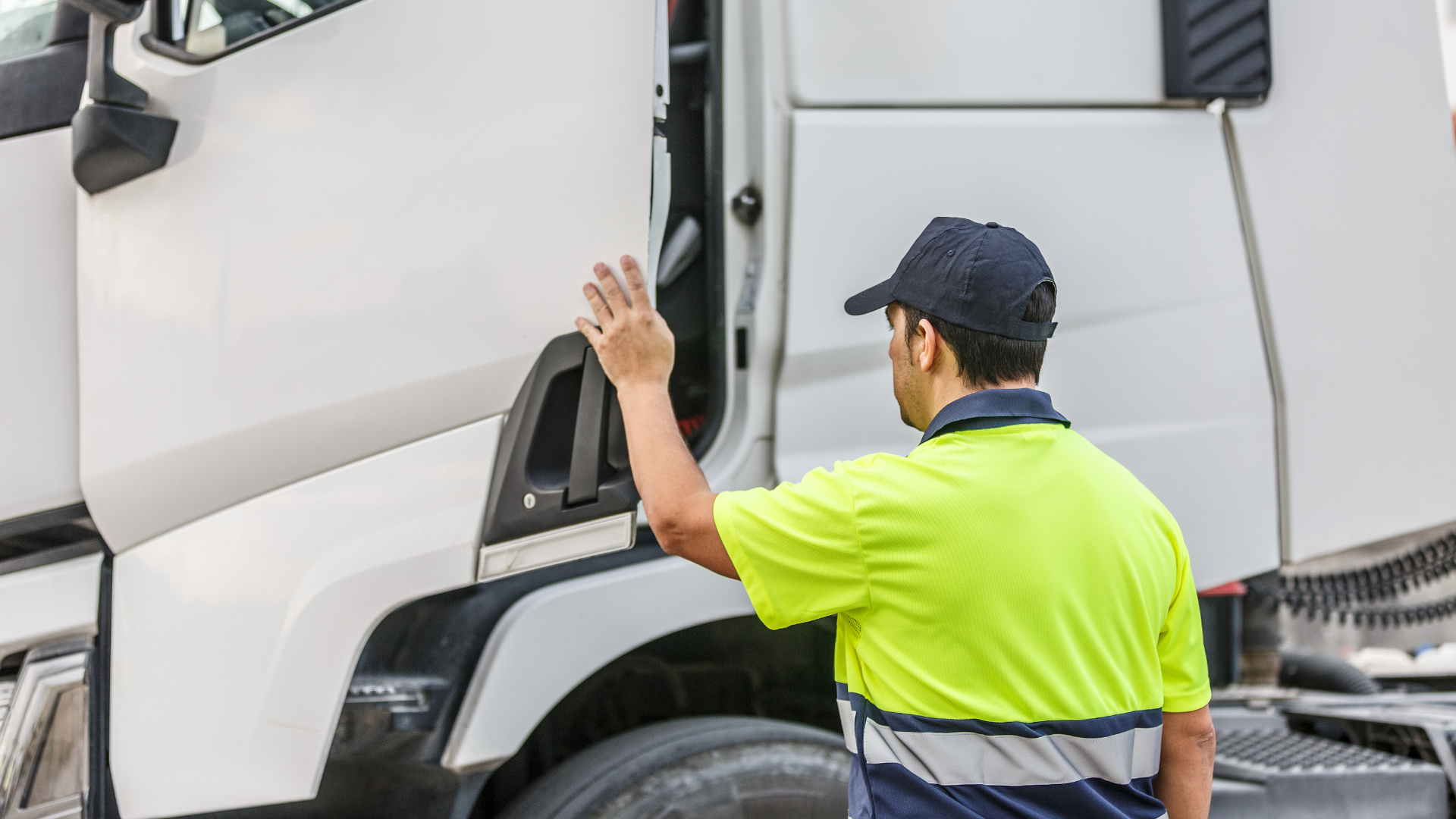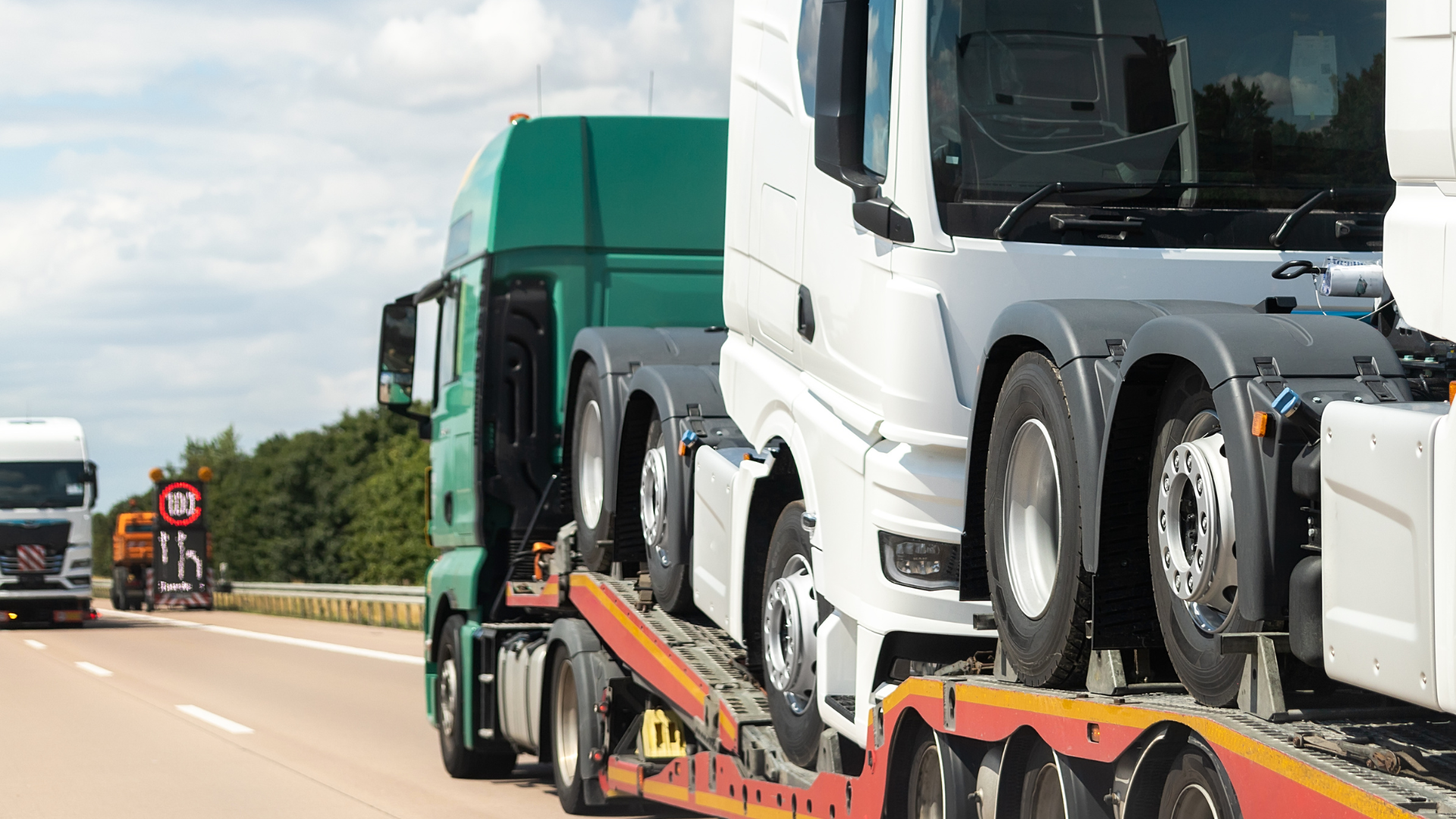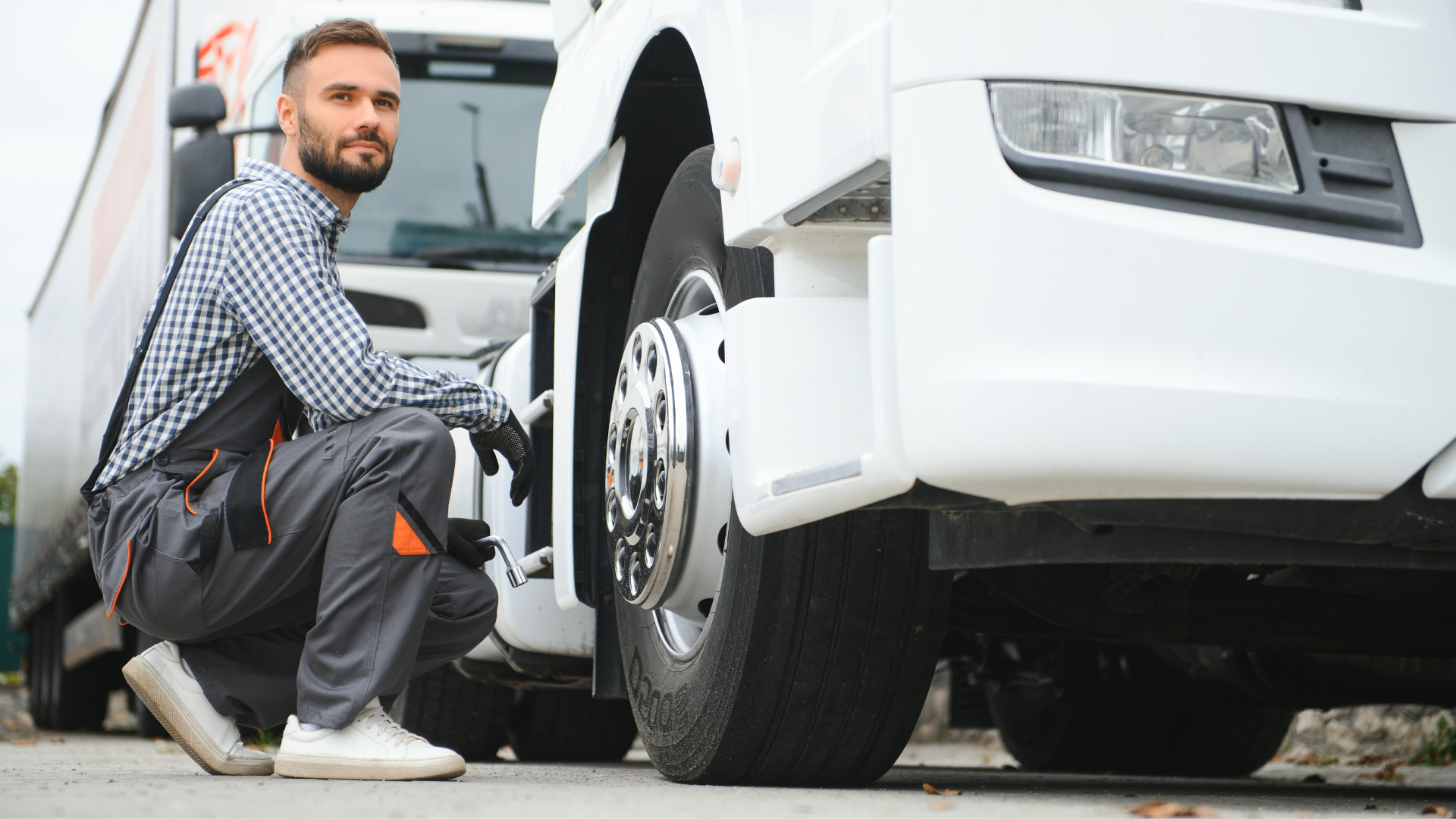
Truck drivers, the backbone of our transportation industry, face a plethora of challenges on the road, including unexpected breakdowns that demand immediate and efficient solutions. Unfortunately, some common roadside assistance mistakes can exacerbate these stressful situations, leading to increased downtime and costs. Understanding how to effectively navigate these emergencies is crucial for maintaining a smooth operation and ensuring your safety.
Mistake #1: Ignoring Regular Maintenance
Ignoring regular maintenance is a critical roadside assistance mistake that can lead to unexpected breakdowns. Consistent upkeep is essential for preventing issues like engine trouble, brake failure, or tire blowouts, which can all result in costly emergency truck services. Regular maintenance includes checking fluid levels, inspecting brakes, and ensuring that tires are in good condition. Additionally, scheduled oil changes and timely replacements of worn-out parts are necessary to keep your truck running smoothly.
By neglecting these routine checks, you increase the risk of breakdowns that could have been easily avoided. Regular maintenance not only enhances the longevity and performance of your vehicle but also reduces the likelihood of needing emergency roadside assistance. Implementing a proactive approach to truck maintenance can save you time, money, and stress when out on the road, keeping operations efficient and safe.
Need a hand while on the road? We’re here to help you! Call us here.
Mistake #2: Not Knowing Your Coverage
Not knowing your roadside assistance coverage is a common and costly mistake for truck drivers. Before hitting the road, it’s crucial to understand the specifics of your emergency truck services plan. This includes knowing what types of breakdowns and repairs are covered, any associated costs, and the geographic areas where the service is available.
Lacking this knowledge can lead to unexpected expenses and delays when you need help the most. Additionally, ensure that your coverage includes essential services such as towing, tire changes, fuel delivery, and lockout assistance. Familiarize yourself with the process of contacting your service provider and keep their contact information readily accessible.
By understanding your coverage, you can make informed decisions during an emergency and avoid unnecessary complications. This preparation ensures that you receive prompt and efficient roadside assistance, minimizing downtime and getting you back on the road quickly.
We recommend you to see this article: Mobile Trailer Repair: Ensuring Safety and Efficiency on the Road
Mistake #3: Delaying Emergency Calls
Delaying emergency calls is another significant mistake that truck drivers should avoid. When faced with a breakdown, it’s essential to contact your truck roadside assistance provider as soon as possible. Waiting too long can exacerbate the problem, leading to more extensive damage and higher repair costs.
Immediate action helps ensure that help arrives quickly, reducing downtime and getting you back on the road faster. Additionally, prompt communication with your service provider allows them to prepare adequately for your specific situation, whether it involves towing, tire repair, or engine troubles. Delays can also impact your schedule, potentially causing missed deliveries and affecting your bottom line.
Always prioritize safety and efficiency by making emergency calls at the first sign of trouble. This proactive approach minimizes stress, prevents further issues, and ensures that you receive the necessary support promptly.
When your truck’s in distress on the highway, don’t panic – call Fast Service for immediate, expert assistance!
Mistake #4: Poor Communication with Providers
Poor communication with roadside assistance providers can complicate an already stressful situation. Effective communication is key to ensuring that the right help arrives quickly and efficiently. When contacting emergency truck services, be clear and concise about your location, the nature of the breakdown, and any specific assistance required.
Providing detailed information helps the service team prepare adequately and brings the necessary tools and parts. Miscommunication or incomplete details can lead to delays and the need for additional trips, increasing downtime and costs. Additionally, stay informed about the estimated time of arrival and any potential issues the provider may encounter.
Maintaining a two-way communication channel allows you to update them on any changes in your situation and receive real-time updates on their progress. By avoiding poor communication, you ensure a smoother roadside assistance experience, minimizing disruptions and getting back on the road promptly.
We recommend you to see this article: Common Semi Truck Issues That Require Professional Repair
Mistake #5: Skipping Safety Precautions
Skipping safety precautions during a roadside emergency is a mistake that can have serious consequences. Ensuring your safety and the safety of others should be your top priority when dealing with a truck breakdown. Start by pulling over to a safe location, away from traffic, if possible. Use hazard lights, reflective triangles, and flares to alert other drivers of your presence. Wearing high-visibility clothing can also reduce the risk of accidents.
It’s essential to stay aware of your surroundings and avoid standing close to the road while waiting for assistance. Additionally, keep emergency contact numbers and a first aid kit within easy reach in your truck. By following these safety measures, you minimize the risk of further incidents and ensure a safer environment for both yourself and the roadside assistance team.
To get more information about us, follow us on Facebook and Instagram. Or call us right now for a road service on: repairtrucktrailer.com



